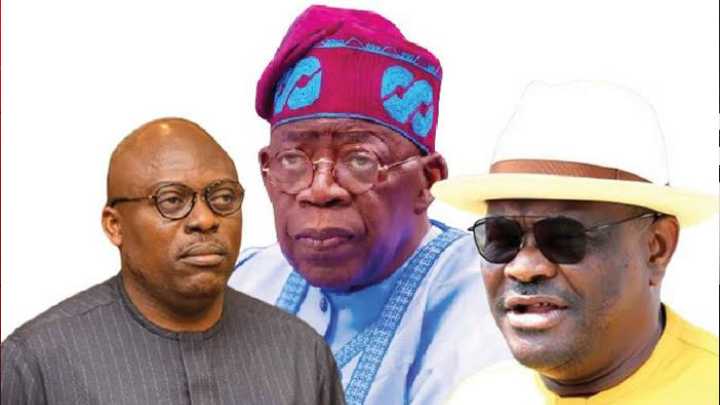Rivers State’s Political Turmoil: A Call for Presidential Intervention
Rivers State, a vital economic hub in Nigeria’s Niger Delta region, is currently embroiled in a significant political crisis that threatens its governance and stability. The turmoil centers around a protracted dispute between Governor Siminalayi Fubara and a faction of the State House of Assembly led by Martin Amaewhule, a situation that has escalated following a recent Supreme Court verdict.
The discord originated approximately 16 months ago when Governor Fubara exercised his executive powers in a manner that marginalized 27 members of the House of Assembly aligned with former Governor Nyesom Wike.
This faction, led by Amaewhule, challenged their exclusion, culminating in a Supreme Court decision that recognized their legitimacy and mandated their reinstatement. In response, federal allocations to Rivers State were suspended until the court’s directives are fully implemented.
Governor Fubara has publicly committed to adhering to the Supreme Court’s ruling and expressed willingness to collaborate with the reinstated Assembly members. However, the Amaewhule-led faction appears poised to leverage their newfound authority, potentially initiating impeachment proceedings against the governor. This prospect has inflamed ethnic tensions, particularly among pro-Fubara Ijaw groups, who have issued warnings against any attempts to unseat the governor. Former Governor Wike has dismissed these threats, further intensifying the charged atmosphere.
A comparable political impasse recently unfolded in Lagos State, where a leadership tussle within the House of Assembly threatened legislative functionality. President Bola Tinubu intervened decisively, mediating between the factions and restoring stability. His involvement led to the reinstatement of Mudashiru Obasa as Speaker, with Mojisola Meranda resuming her role as Deputy Speaker, effectively resolving the crisis.
Given the escalating situation in Rivers State, there is a growing consensus that President Tinubu’s intervention could be pivotal in defusing tensions. A proposed course of action includes private consultations with Governor Fubara and former Governor Wike to foster a commitment to peace and mutual respect. Such mediation could facilitate the withdrawal of pending legal actions, cessation of impeachment threats, and the reconvening of the House under Amaewhule’s leadership. Additionally, addressing the outstanding entitlements of the 27 lawmakers is crucial to ensuring goodwill and cooperation.
The resolution of this political crisis is imperative for the continued progress of Rivers State. The state boasts a substantial economy, largely driven by the petroleum industry, with assets including two major refineries, seaports, and an international airport. Ongoing infrastructure projects, such as the ambitious 50.15-kilometer Port Harcourt Ring Road and the dualization of key roads, underscore the state’s developmental trajectory. However, political instability poses a significant threat to these initiatives, potentially deterring investment and hindering economic growth.
The political impasse in Rivers State necessitates immediate and strategic intervention to preserve peace and ensure the state’s developmental objectives are not compromised. Drawing from the successful resolution of a similar crisis in Lagos State, President Tinubu’s engagement could serve as a catalyst for reconciliation and stability. It is imperative that all parties prioritize the state’s interests, uphold the rule of law, and work collaboratively towards sustainable governance.

